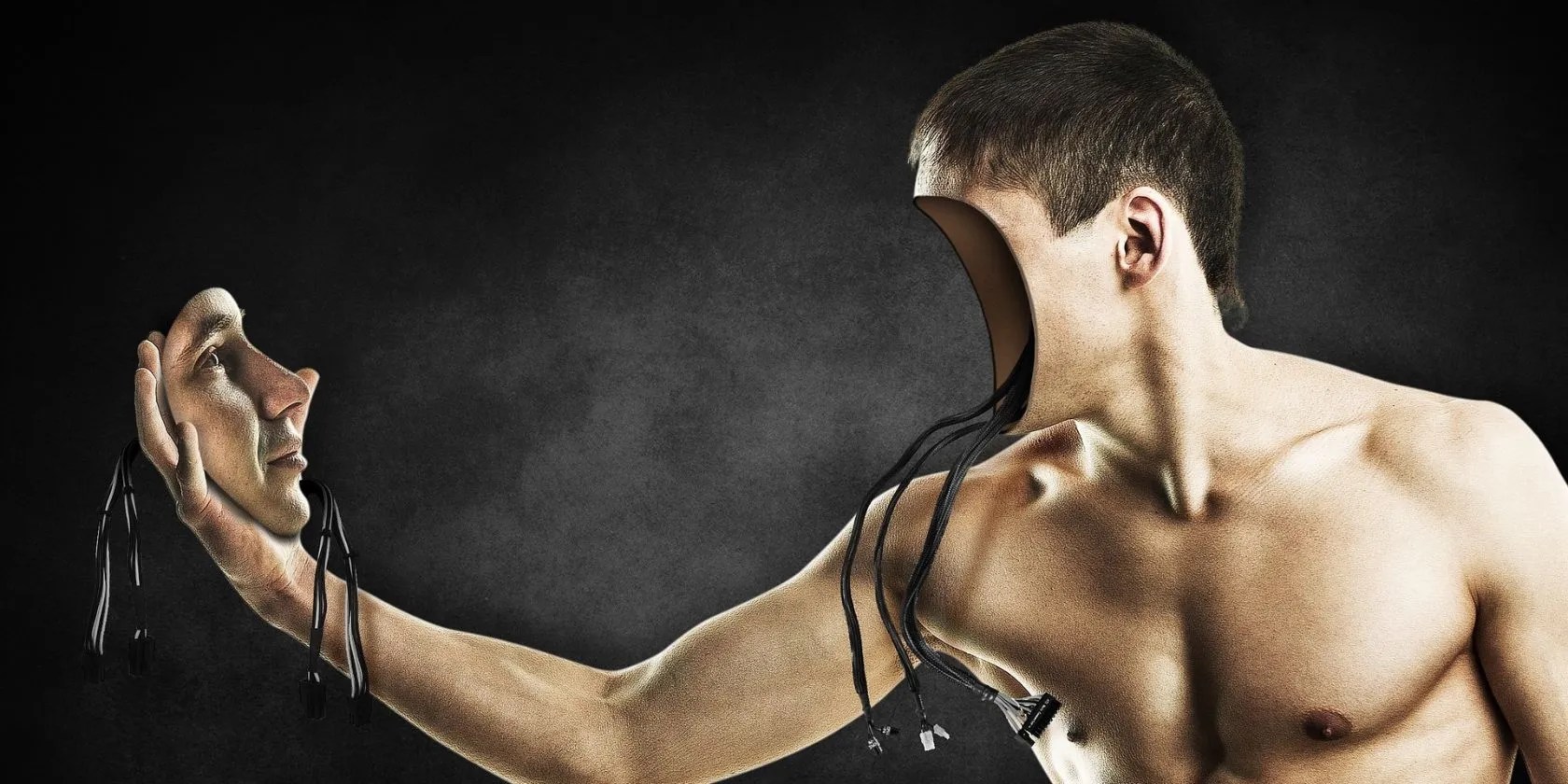Should We Be Worried That AI Can Recreate Images From Brain Waves?
You’re probably tired of hearing about all of these new AI tools that are showing up. However, you may want to pay attention to this development.
AI can recreate what you’re thinking, the consequences of which could either be insightful or terrifying.

AI Can Decode Human Brain Waves
If you thought you’d seen the peak of what AI technology can do, you may want to reevaluate. A team of researchers at the National University of Singapore, led by doctoral student Zijiao Chen, have managed to decode human brain waves with the help of AI and an fMRI machine.
AsNBC News reported, they hooked up participants to the machine and had the AI study their brain patterns for 20 hours. The participants were shown different images (a house, a fire truck, etc.) and then the AI created an AI-generated image based on what it assessed the participant was thinking and seeing. 84% of the time, the generated image matched the semantic context of the original.

This technology is only in its infancy, but you could already argue it’s anexample of AI going too far. As you’ll have seen with ChatGPT, then the Bing-infused Sydney version, and then GPT-4, the technology just keeps getting better. It’s reasonable to conclude there will be a similar trajectory with this technology, which could lead to a vastly different world.
Should You Be Worried About This?
Hearing “AI” and “human brain waves” is enough to make anyone shudder, so you’ll be forgiven if you’re feeling concerned over this development. As with anything, there are pros and cons. As with any technology, the result we end up with depends on how we as a society decide to use it.
Let’s look at the pros and cons of AI being able to decode human brain waves.

Pro: It Could Help Us Better Connect to Non-Verbal Disabled People
There are many disabilities that can render a person non-verbal. This can be difficult for the person affected and for their families. While non-verbal people can still have a good life and feel loved by those around them, the disconnect in communication can be difficult.
This technology could bridge the gap, allowing family members and friends of a non-verbal person to have a better idea of how they are thinking and feeling. This allows greater connection between them and could also improve the care and accommodations provided for a non-verbal person.

Con: It Could Represent Further Erosion of Our Privacy
You’re already being tracked everywhere you go, both in the real world and online. CCTV cameras, digital cookies, and identifier tokens have seen to that, regardless of your arguments thatprivacy should be considered a human right. But at least your own mind is safe from prying eyes and is your own sovereignty.
What happens when this human brain wave decoding becomes widespread and it becomes easy to scan any poor, unsuspecting soul walking past?

This AI development could mark the final nail in the coffin of people’s privacy. You often hear people say “I’ve got nothing to hide” when confronted with the privacy issues of the web. When it comes to thoughts, everyone thinks stuff they don’t really believe, and definitely, everyone thinks stuff that they wouldn’t want other people to see and hear.
Can you imagine living in a world where any and every one of your thoughts could be public knowledge?
Pro: It Could Assist in the Medical Field
This AI technology helps researchers to understand both human imagination and how brains work in action when responding to various stimuli. It is possible that the technology could therefore be used to great effect in the medical field.
Psychologists in particular may be able to use this to understand PTSD triggers for clients, as well as understand more about human imagination—which could lead to further developments down the line.
Con: It Could Change Your Career Potential
Aspects of your brain waves such as focus and concentration can already be monitored and used to assess your potential as an employee. This new AI tech further pushes the abilities of employers to invasively monitor your brain patterns, using that to decide your capabilities as an employee. Imagine that in the corporate world—“blue-sky thinking” taken literally.
All it takes is one or two companies to be able to introduce this to their procedures, and you’ll get an influx of other companies doing the same. No company wants to miss out on hiring and retaining the top talent; this technology makes it easier for them to identify whether you fit the bill or not.
Don’t Think Too Hard About It… It Could End Up on a Billboard
This AI technology of decoding human brain waves is very much in the infancy stages, so you probably don’t need to worry yet. As time goes on, however, it will continue to develop and progress. There is no telling what that could mean for you and the people you know.
Whether the tech will be used for good or bad remains up to people. Let’s just hope people decide to be ethical with it.
AI art often raises ethical concerns by disregarding copyrighted data. However, there are ethical ways to approach the creation and use of AI art.
Not all true crime is about hacking, slashing, and gore.
So much time invested, and for what?
You don’t need to fork out for expensive hardware to run an AI on your PC.
Quality apps that don’t cost anything.
The best features aren’t the ones being advertised.